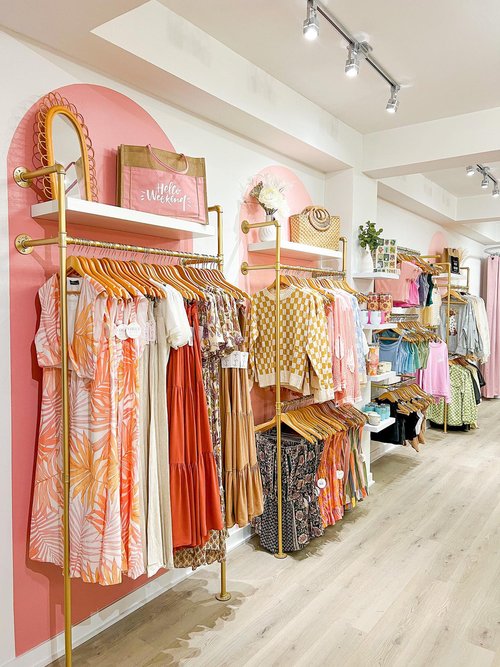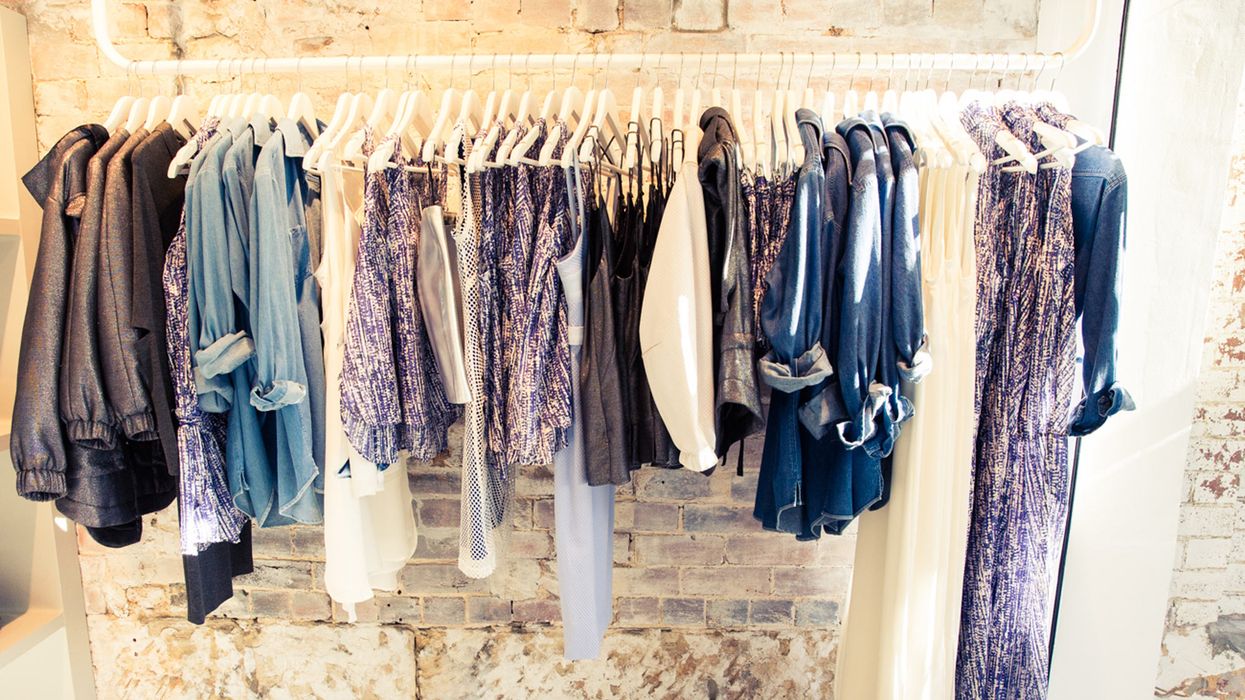A Deep Dive Into the World of High-Fashion Runways: Recognizing Clothes as Art
Developers, a lot like masterful artists, weave complex stories through shade, textile, and kind, redefining and testing conventional norms elegance requirements. As we discover these sartorial eyeglasses, we must ponder: what duty does fashion play in shaping social values, and just how does it show the ever-changing tapestry of human feeling and identification?
The Advancement of Runway Reveals
The trajectory of runway programs has changed significantly over the years, progressing from special industry occasions to captivating eyeglasses that blend fashion with art. Traditionally, path shows were intimate events, held in ateliers or small locations, largely attended by purchasers and market experts. These early presentations concentrated on the garments' craftsmanship and industrial practicality, supplying a functional and direct screen of seasonal collections.
As the style industry broadened, the nature of runway shows started to transform. The 1970s and 1980s marked a turning factor, with developers seeking to differentiate themselves via more staged presentations. This age saw the rise of sophisticated sets, choreographed designs, and thematic stories, proclaiming a new age where the path ended up being an experiential platform. The shows transformed right into a form of narration, where each collection conveyed a distinctive story or idea.
In recent times, modern technology and social media sites have actually even more reinvented path programs, making them obtainable to a worldwide audience. Livestreaming and electronic platforms have actually democratized fashion, enabling enthusiasts worldwide to witness these events in real-time (boutique fashion). This evolution reflects a more comprehensive social change, where high-fashion runways offer as a dynamic crossway of development, style, and efficiency
Designers as Dreamer Artists
Just how have developers transcended their functions to end up being visionary artists? Developers in the high-fashion sector have actually blurred the lines between useful garment production and the conceptual realm of art. This transformation is apparent in the way they approach their collections, not merely as garments yet as extensive expressions of identification, society, and feeling. By accepting imaginative techniques such as sculpture, painting, and progressive setups, designers craft garments that test standard fashion standards and elevate them to art types.
Visionary developers attract ideas from a myriad of sources, consisting of abstract art, historical referrals, and personal stories. They possess a special ability to envision and materialize concepts that press the limits of conventional style, usually redefining visual standards at the same time. This imaginative resourcefulness is showcased with dramatic shapes, innovative materials, and complex craftsmanship, which invite audiences to experience style as greater than simply wearable items.
Additionally, the path works as a canvas for these musicians, where lights, songs, and established style coalesce to create immersive experiences. These presentations are not just displays of clothes however are coordinated efficiencies that stimulate emotion and prompt idea, affirming the developer's role as a true musician in the contemporary social landscape.
Cultural Influences in Style
Cultural tapestry weaves its elaborate patterns right into the textile of fashion, influencing designers worldwide. The vibrant interchange of social stories, traditions, and icons notifies and influences collections that elegance high-fashion runways.
The impact of society on style is frequently seen in the reinterpretation of traditional garments and patterns. As an example, using Japanese kimonos, Indian saris, or African prints in modern fashion shows a blend of cultural credibility and modern-day appearances. Designers such as Valentino's Pierpaolo Piccioli and Alexander McQueen's Sarah Burton have been understood to integrate abundant social motifs into their couture collections, equating history into wearable art.

Technology in Material and Layout
Advancement in textile and design continually reshapes the landscape of high-fashion, pressing boundaries and redefining opportunities. Designers are increasingly checking out the integration of innovation, such as 3D printing, which enables for the development of complicated frameworks that were formerly unimaginable.
Furthermore, sustainability has actually ended up being a pivotal style in try this site fabric technology. The apparel industry is witnessing a surge in using environmentally friendly materials, originated from recycled plastics, natural fibers, and even eco-friendly parts. These innovations not only use brand-new appearances and aesthetics however likewise address essential ecological problems. Developers are welcoming these materials to craft garments that are both mindful and aesthetically striking of their ecological impact.
In regards to design, progressive shapes and speculative types are constantly reinventing the path. By including advanced methods and unusual products, developers cultivate garments that obscure the line in between fashion and art, establishing brand-new standards for imagination and expression in the high-fashion sphere.
Effect of Fashion on Society
Fashion possesses an extensive influence on society, serving as both a reflection of social identification and a driver for social modification (boutique fashion). Via its development, fashion has actually mirrored societal changes, enveloping the zeitgeist of various periods.
Furthermore, style has the power to bridge cultural voids, cultivating understanding and admiration amongst varied teams. As globalisation accelerates, the cross-cultural exchange of fashion concepts becomes increasingly considerable, promoting inclusivity and diversity. The increase of streetwear, stemming from metropolitan subcultures, illustrates exactly how fashion can go beyond socio-economic borders, approving individuals a way of self-expression and empowerment.
Essentially, fashion is not simply concerning aesthetics; it is a vibrant force that influences worths, attitudes, and societal view progress (boutique fashion). By continuously connecting with social and cultural currents, fashion continues to be an essential part of the collective human experience

Verdict
Designers, comparable to visionary artists, orchestrate collections that mirror identity, emotion, and social stories, challenging typical looks. This intersection of fashion and virtuosity not only mesmerizes target markets globally but also affects societal assumptions and advertises a deeper recognition for social diversity.

Social tapestry weaves its complex patterns into the fabric of style, affecting designers globally.Fashion possesses an extensive impact on society, offering as both a reflection of social identity and a catalyst for social modification.